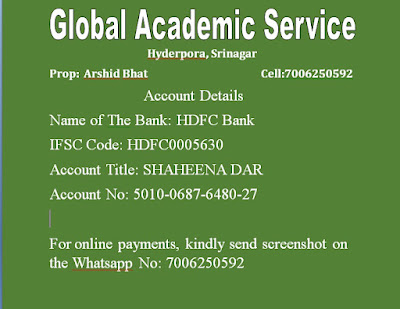📢 Important Notice for Students
Dear Students,
Please ensure to regularly check this website for the latest study material, syllabus updates, and other important announcements. Stay connected to stay updated and make the best use of the resources provided.
Thank you!
Global Academic Service
The 12th-grade medical stream primarily focuses on foundational concepts in biology, chemistry, and physics that are essential for pursuing careers in medicine, life sciences, and related fields. Here’s a breakdown of the basic concepts covered in the medical stream:
1. Biology
Biology is the core subject for medical students, with topics related to the human body, plants, animals, and the environment. Key concepts include:
Human Physiology:
- Circulatory system: Heart structure, cardiac cycle, and blood components.
- Respiratory system: Mechanism of breathing and gas exchange.
- Excretory system: Kidneys, nephron structure, and urine formation.
- Nervous system: Structure of neurons, synapses, and signal transmission.
- Endocrine system: Hormones and their functions (e.g., insulin, thyroxine).
Genetics and Evolution:
- Mendelian genetics: Inheritance laws and genetic traits.
- Molecular biology: Structure of DNA, RNA, replication, transcription, and translation.
- Evolution: Darwin’s theory, speciation, and human evolution.
Reproduction:
- Human reproduction: Male and female reproductive systems, gametogenesis.
- Reproductive health: Contraceptives, STDs, and assisted reproductive technologies.
- Plant reproduction: Pollination, fertilization, and seed formation.
Ecology and Environment:
- Ecosystems: Food chains, food webs, and energy flow.
- Biodiversity: Conservation efforts, endangered species.
- Environmental issues: Pollution, global warming, and sustainable development.
Biotechnology and Applications:
- Genetic engineering: Recombinant DNA technology, gene cloning.
- Applications: Vaccines, gene therapy, and bioinformatics.
2. Chemistry
Chemistry is crucial for understanding biochemical reactions and drug development. Key concepts include:
Organic Chemistry:
- Biomolecules: Structure and function of carbohydrates, proteins, nucleic acids, and lipids.
- Polymers: Natural and synthetic polymers like DNA, starch, and plastics.
- Chemistry in everyday life: Drugs (antibiotics, analgesics), detergents, and food additives.
Physical Chemistry:
- Thermodynamics: Enthalpy, entropy, and Gibbs free energy.
- Chemical kinetics: Reaction rates and factors affecting them.
- Electrochemistry: Galvanic cells, Nernst equation, and electrolysis.
Inorganic Chemistry:
- Coordination compounds: Ligands, coordination number, and applications in biology.
- d-Block elements: Transition metals and their properties.
- p-Block elements: Group 15-18 elements and their compounds.
3. Physics
Physics for medical students emphasizes concepts that support understanding of medical instruments and biological phenomena. Key concepts include:
Mechanics:
- Motion and force: Newton’s laws, circular motion.
- Work, energy, and power: Relation between energy forms, biological systems.
Optics:
- Human eye: Structure and functioning.
- Lenses and optical instruments: Microscopes and telescopes.
Modern Physics:
- X-rays: Production, properties, and applications.
- Radioactivity: Decay laws, isotopes in medicine.
Electrostatics and Current Electricity:
- Electric potential and capacitance: Applications in defibrillators.
- Current and circuits: Basics of ECG and medical equipment.
4. Practical Knowledge
Students perform experiments and practical applications, such as:
- Biology: Dissection of flowers, slides of mitosis/meiosis, and identification of tissues.
- Chemistry: Qualitative analysis, titration, and organic preparation.
- Physics: Experiments with lenses, resistors, and electrical circuits.
Foundation for Competitive Exams:
In addition to board exams, these concepts are critical for medical entrance exams like NEET. Strong understanding of NCERT content and its applications is essential.




No comments:
Post a Comment